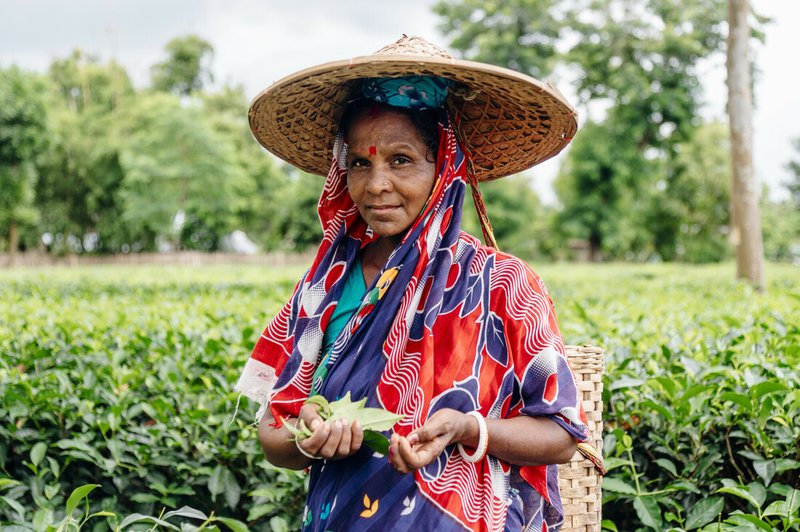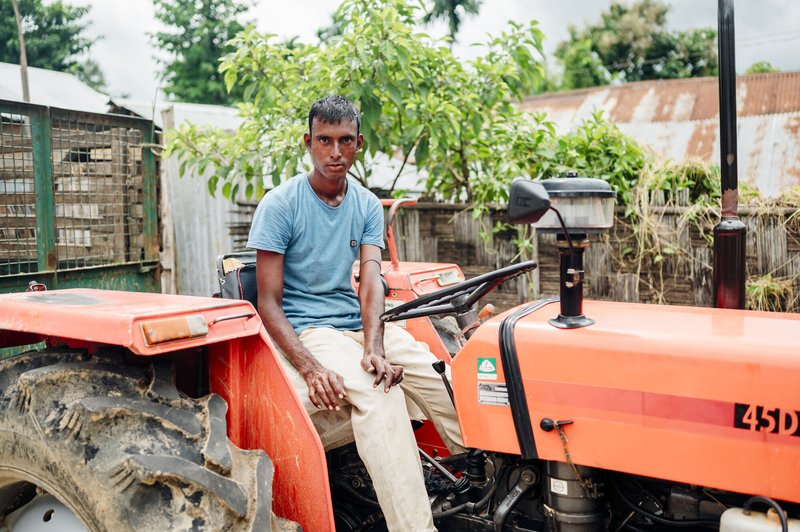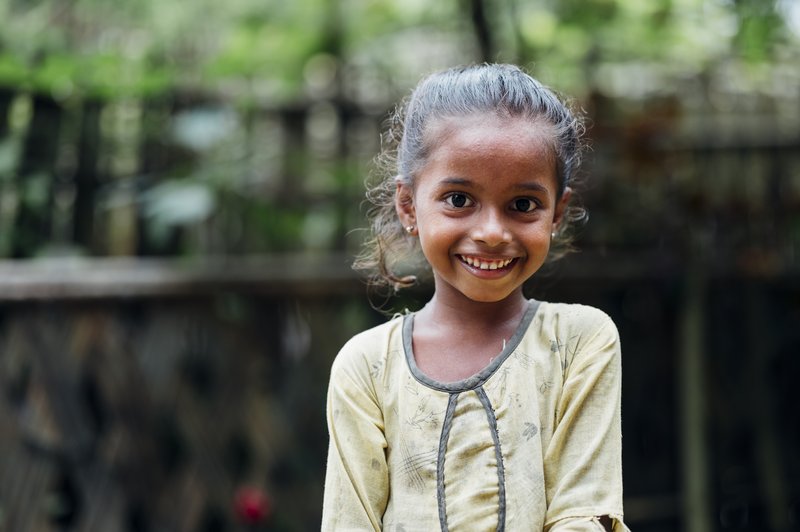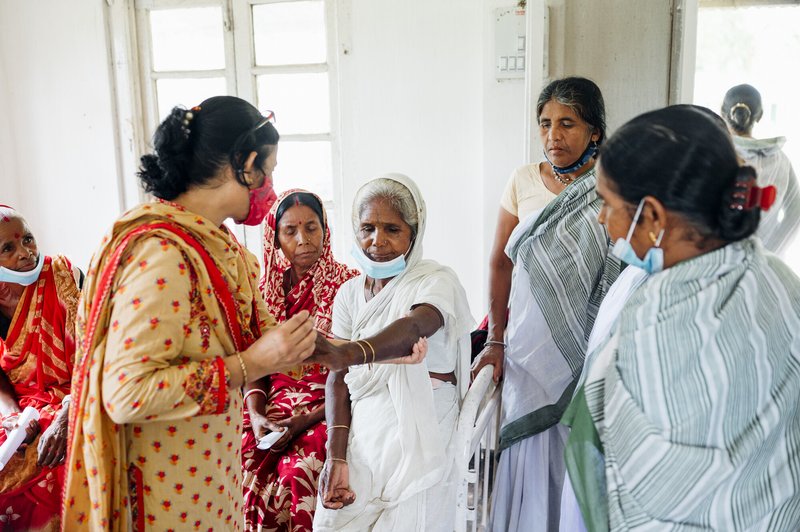World Health Day: Health for all people affected by leprosy
In the Gospels of Matthew, Mark, and Luke, we read how Jesus healed people with leprosy by reaching out His hands and touching people. 2,000 years later, many people don’t realise that the disease still exists, or that it can be treated. So, what healthcare could someone affected by leprosy need today?
Early diagnosis and prompt treatment with Multidrug therapy, the cure for leprosy, can prevent the permanent disability that occurs when the disease is left untreated. Physiotherapy and reconstructive surgery are needed to restore mobility. Care for ulcers and infected wounds are vital to prevent pain and amputation. Prostheses fittings and follow ups. Mental health support. World Health Day falls every year on 7 April, and this year the theme is ‘health for all’. The impacts of leprosy can be lifelong, and so the need for healthcare is too.

Missing services in Bangladesh
In the tea gardens of Sylhet in Bangladesh, our teams are finding more cases of leprosy than anywhere else they work in the world. Leprosy rates are 20 – 30 times the global average. Here, there isn't healthcare for all, and the need is urgent.
The communities in the tea gardens are remote. Most people are living in poverty and marginalised by broader society. They have access to community health clinics provided by the state or their employers, but few health workers have much leprosy knowledge and expertise. Globally, leprosy training for healthcare professionals has fallen off the agenda since the 1990s and this means that staff at clinics often fail to spot the signs of the disease.
The result? Many people are misdiagnosed, and clinics are unable to provide the treatment and care people need. If people experience severe complications or need expert care, the only specialist leprosy hospital in Bangladesh is more than 300 miles away. The cost of the journey is too often completely prohibitive.
This lack of healthcare has devastating impacts for people affected by leprosy. For Aloka, pictured above, who wasn’t diagnosed early enough to prevent her hand from becoming paralysed. For Protap, below, who struggled with depression after leprosy took his mobility and his job. For too many people, health care for leprosy is just a distant and unaffordable reality.

Health for all
Health is a fundamental human right. To fulfil this, people affected by leprosy need access to affordable healthcare. Without it, they are deprived not only of their health, but their livelihoods and joys too, and the chance to live a flourishing life.
That’s why we’ve been partnering with people like you, community leaders and health workers in Bangladesh, to bring leprosy services into communities that urgently need them. Pop-up clinics, or skin camps, are a vital part of this work.
Skin camps take place in the tea gardens where people live, and so bring leprosy care to the heart of the community. At these clinics, health workers diagnose people affected by leprosy, so they can get the cure and treatment they need. They identify people who need follow up care and support, like Aloka, and build their leprosy knowledge so they can offer medical care for many years to come.

Anju, pictured above, is just five years old. When her mother noticed the symptoms of leprosy, she took Anju to a skin camp where she got the cure. Because she was diagnosed early, she won’t experience permanent disability or the wider impacts of the disease. This should be everyone’s story – diagnosis, treatment, and a future free of the burden of leprosy. This is what skin camps enable. And this is what you can join with us to achieve.
Sadona, Anju’s mother, told us: “If we had missed the skin camp, we would have needed to find other doctors to help her and may have needed to spend lots of money. The disease wouldn't have been diagnosed and she wouldn't be able to get better.”
“All I want for her future is for her to be healthy and happy,” she added.
One person closer
The goals talked about on days like World Health Day can sometimes seem too far beyond our reach as individuals, too big for us to make a real difference. Can we really be a part of making ‘health for all’ a reality?
The answer is an emphatic yes. It costs just £111 to organise a pop-up clinic that runs for a half day. In that time, health workers can see 100 people. If there’s just one Anju, Aloka or Protap in the queue, we’re one person closer to achieving health for all.
The Gospels show how Jesus reached out His hands to people affected by leprosy and disabilities, so often to one person at a time. Today, we can follow His example, and reach out through one skin camp, one diagnosis, one person at a time.
This World Health Day, will you join us as we work towards health for all in Bangladesh?

Photos: Ruth Towell